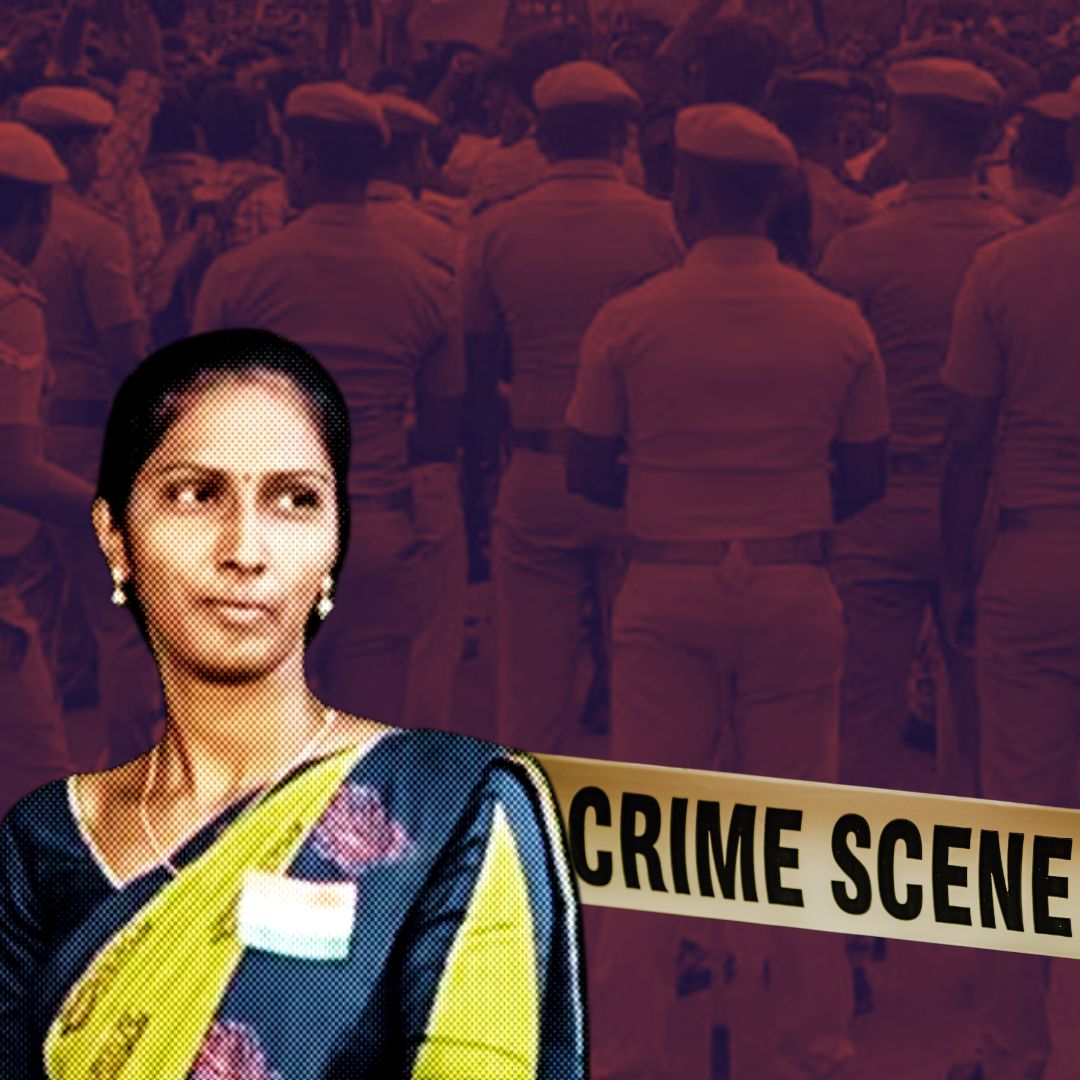On November 20, 2024, Ramani, a 26-year-old teacher at Mallipattinam Government Higher Secondary School in Thanjavur, Tamil Nadu, was allegedly stabbed to death by her former boyfriend, Madan Kumar, after she rejected his marriage proposal. The attack occurred in the school staff room in front of witnesses, including students and staff. Following the incident, Madan was arrested within 30 minutes. Tamil Nadu Chief Minister MK Stalin announced a compensation of ₹5 lakh for Ramani’s family and condemned the violence against educators. The incident has raised significant concerns regarding safety in educational institutions.
A Tragic Incident Unfolds
The fatal attack took place around 10:15 AM when Madan allegedly entered the school premises through an open gate, where no security personnel were present. After locating Ramani in the staff room, he engaged her in conversation before suddenly stabbing her multiple times in the neck and stomach. Despite immediate efforts from colleagues and students to rush her to the hospital, she was pronounced dead upon arrival. Tamil Nadu’s School Education Minister Anbil Mahesh Poyyamozhi expressed deep condolences and condemned the act of violence, promising strict legal action against Madan. He also announced that counselling services would be provided for students who witnessed the horrific event.
Background Leading to Violence
Ramani and Madan had a tumultuous relationship that faced opposition from her family. Just a day before the attack, Ramani’s father allegedly rejected Madan’s marriage proposal during a meeting with his family. This rejection reportedly led to escalating tensions between them, culminating in Madan’s violent outburst at the school. Witnesses described the scene as chaotic, with students carrying the injured teacher to an ambulance while teachers called for help. Following the incident, local leaders and opposition parties criticized the state government for failing to ensure safety for educators in schools.
The Logical Indian’s Perspective
This heartbreaking incident underscores a grave societal issue regarding violence against women and the urgent need for improved safety measures in educational environments. The tragic loss of Ramani is not just a personal tragedy but reflects broader systemic failures that must be addressed. As we mourn this loss, we must ask ourselves: how can we collectively foster a culture of respect and safety within our communities? Engaging in conversations about consent, personal boundaries, and protective measures is crucial as we strive for a society where educators can work without fear of violence.












